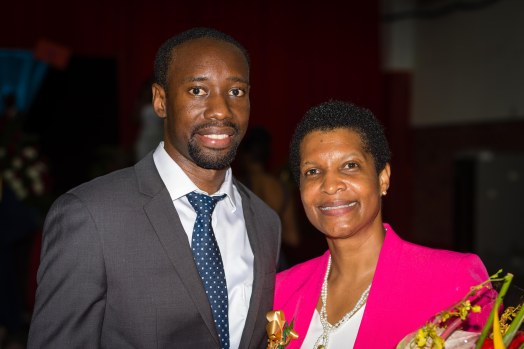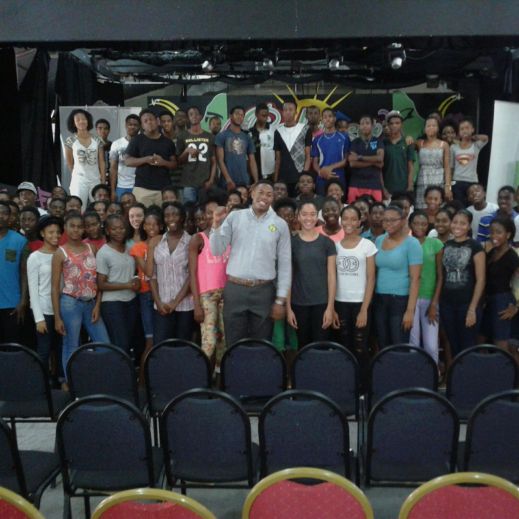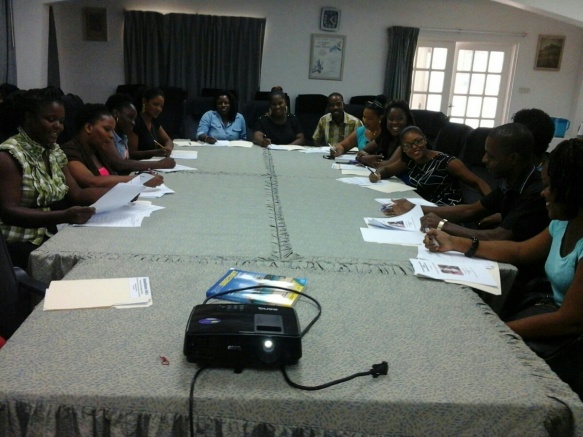
Have you ever asked yourself ‘what makes a good summer vacation?’ Some feel that a favourable vacation consists of simply laying back and doing as little as possible. They see a vacation as a period of time when schedules are banished and deadlines are ignored. There are others however who live life under the premise that every second of every day must be spent in a structured and orderly way. They believe that no period of time should be unregulated and thus wasted. How an individual spends their time off is a personal decision, and no one way should ever be viewed as wrong but for those who would prefer to follow a productively active plan, there are some actions that can be taken to help you do so.
Wake Up Early
Nothing eats away at your summer break like staying beneath the covers for most of the morning. Decide the previous day when you will get out of bed, then make sure to follow through. During the first few weeks of your vacation, chances are that you will relish the opportunity to sleep in. It’s okay to do this and to give yourself a break but try not to make it a practice throughout the duration of your holiday as you may well end up spending the entire time in bed.
Maintain Good Health and Hygiene
Just because you are not obligated to leave your home every day during your vacation, it does not mean that you have to let yourself go. Take care of your health and hygiene. You may also consider taking some summer fitness classes to get into shape or to help improve on the great shape that you already have. If you are not too interested in joining a formal fitness club or group you should still try to get outside and have fun every day.
Study
Research a topic of interest, make some time to find out about something new. Your studying does not have to be limited to a book or the internet however. Go out to a museum, a gallery or a library to find out more about the chosen subject. If you are a student, remember that studying remains essential throughout the school year. Look over last year’s notes or do some research into what next year’s courses have in store. When school resumes, you`ll be grateful that your academic knowledge and skills have not deteriorated.
Join a Volunteer Group
There are always groups around the community in need of some help. Give up some of your time to help out. You will feel a great sense of accomplishment.
Go To Camp
Camps do not only pertain to children. Adult camps may be in operation under a different name or format. Ask around, you may be surprised at how many adult community activities are in operation that offer the chance of learning something new. You could learn to write, draw, bind books, and make photo albums, knit and so much more. Try something new and different, something that you know nothing whatsoever about and you will gain a new skill and possibly find a lifelong hobby to love.
As stated, everyone has their own idea of what makes a good summer vacation and no one way is better than another but if you are not travelling abroad or planning anything elaborate for your summer break you can still make it memorable by making it productively active.
About the National Competitiveness and Productivity Council (NCPC)
Established in October 2013, The National Competitiveness and Productivity Council (NCPC) is responsible for the identification of key issues related to competitiveness and productivity in Saint Lucia.
The NCPC and its Technical Secretariat is committed to providing the necessary advocacy and research to produce timely and effective recommendations to policymakers on issues that affect both competitiveness and productivity on island.
Don’t forget that we are also #social. If you aren’t already following us, please check us out on:
Facebook: www.facebook.com/stluciancpc
Twitter: @stluciancpc
WordPress:ncpcstlucia.wordpress.com
Pinterest: https://www.pinterest.com/stluciancpc/
Google+: http://bit.ly/1O1NIy1
Youtube: http://bit.ly/1QGfLCP
For more information about #productivity and #competitiveness related #matters or on the NCPC, visit www.stluciancpc.org; call 468-5571/5576 or send an e-mail to stluciancpc@gmail.com.






 The evening came to an end on a very high note with a charismatic speech by Productivity Ambassador, 23 year old Tevin Shepherd, recent recipient of the Queen’s Young Leader Award and 2nd Vice President of the Saint Lucia National Youth Council. Mr. Shepherd captivated the students and other guests with the story of his very humble beginnings, growing up in Canaries and attending the Soufriere Comprehensive School. He spoke of the adversities he faced along the way and how although he could have called it quits at any point, but by making a firm decision to change his story, he went on to have so many opportunities and experiences that many his age have only dreamed of.
The evening came to an end on a very high note with a charismatic speech by Productivity Ambassador, 23 year old Tevin Shepherd, recent recipient of the Queen’s Young Leader Award and 2nd Vice President of the Saint Lucia National Youth Council. Mr. Shepherd captivated the students and other guests with the story of his very humble beginnings, growing up in Canaries and attending the Soufriere Comprehensive School. He spoke of the adversities he faced along the way and how although he could have called it quits at any point, but by making a firm decision to change his story, he went on to have so many opportunities and experiences that many his age have only dreamed of.